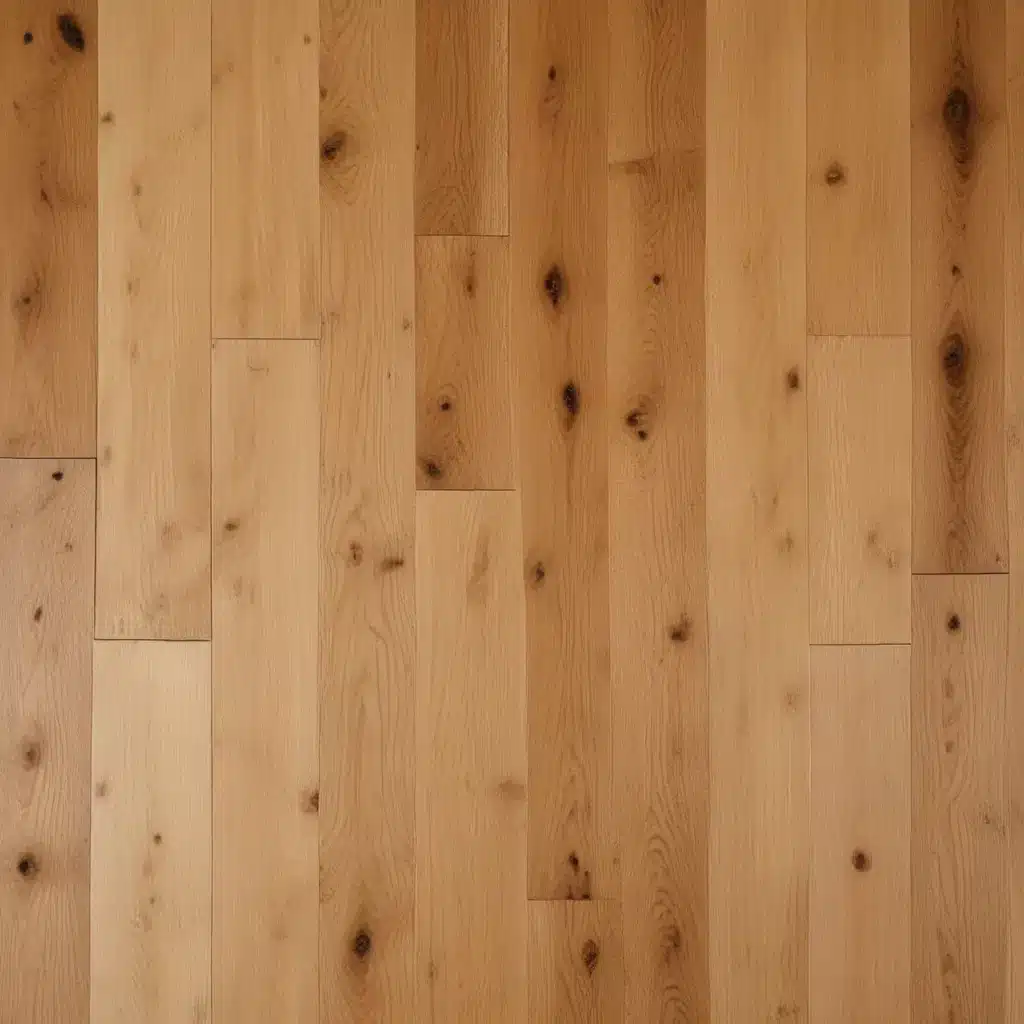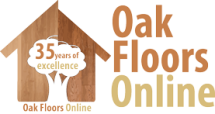
Hardwood Flooring: The Timeless Choice
When it comes to durability, hardwood flooring reigns supreme. This resilient flooring material can weather years of daily wear and tear with grace, remaining unscathed by scratches and dents. It’s a long-term investment in your home’s beauty and resilience.
Versatile Aesthetics
Hardwood flooring offers a wide array of colors and styles, making it a versatile choice that seamlessly complements any décor, whether it’s classic or contemporary. From the warm tones of oak to the striking grains of maple, you’ll find the perfect match to suit your unique tastes.
Valuable Investment
Studies have consistently shown that homes graced with hardwood flooring fetch higher prices in the real estate market. This flooring choice is an investment that not only beautifies your space but also adds significant value to your property.
Factors to Consider When Choosing Hardwood
When contemplating hardwood flooring for your home, there are several essential considerations to keep in mind:
Financial Perspective
While hardwood flooring may come at a higher initial cost than some alternatives, its long-term benefits make it a financially sound choice. The exceptional durability and timeless beauty are worth the investment.
Maintenance Matters
To ensure your hardwood floors endure for many years, regular maintenance is essential. A consistent regimen of vacuuming or sweeping, combined with occasional use of a hardwood floor cleaner, will keep your floors looking impeccable.
Variety of Choices
While several flooring materials mimic the appearance of hardwood, genuine wood offers two primary options: solid hardwood and engineered hardwood.
Solid Hardwood
Solid hardwood flooring is crafted from a single piece of wood, making it the most durable choice. It’s an investment that can last a lifetime, suitable for various areas of your home, and provides a stable underfoot sensation.
Engineered Hardwood
Engineered hardwood is composed of multiple layers of wood, with a solid hardwood top layer. This option is more cost-effective than solid hardwood, though it may be slightly less durable. It’s a suitable choice when balancing budget constraints.
Selecting the Right Hardwood Flooring
When choosing the perfect hardwood flooring for your home, consider the following factors:
Durability
Assess the expected wear and tear in your home. High-traffic households with children or pets will benefit from more durable options, such as oak or hickory.
Style
The extensive variety of colors and styles ensures you’ll find a hardwood floor that harmonizes with your interior design, from wide planks to darker hues.
Budget
Determine your budget constraints. While solid hardwood is more expensive, engineered hardwood offers a more budget-friendly alternative.
Aesthetics of Hardwood Flooring
Hardwood floors remain a popular choice due to their versatile appearance. Let’s explore how various aspects can impact the look and feel of your space:
Width Matters
Wide plank hardwood flooring, spanning 7 inches or more, creates an open and airy atmosphere in your home. Fewer seams and easier installation make this an excellent choice.
Care and Maintenance
Maintaining wood floors requires attention, but the rewards are worth it. Regular cleaning with the appropriate tools and quick response to spills are essential. Always refer to the manufacturer’s care instructions.
Longevity of Hardwood Flooring
The lifespan of your hardwood floors depends on several factors:
Quality Materials
Investing in high-quality wood and materials ensures longevity. Opt for durable species like oak, maple, or hickory for the best results.
Proper Installation
Accurate installation by professionals is key to the floor’s lifespan. Improper installation can lead to premature wear and tear.
Routine Maintenance
Regular maintenance, following manufacturer guidelines, preserves the floor’s integrity. Prompt attention to any issues can extend the floor’s lifespan.
Wear and Tear
The degree of wear and tear your floors endure will influence their lifespan. High-traffic areas may require more frequent maintenance or refinishing.
Warranty protection, such as what Carpet One Floor & Home offers, can provide peace of mind and help extend the life of your hardwood floors.
Hardwood Flooring Installation
Hardwood flooring demands precise installation, best left in the hands of experienced professionals. Installation methods vary based on your subfloor and wood density, including nailing, stapling, gluing, or even a floating installation. The latter involves interlocking planks without adhesive.
Weighing the Options
Before making a decision, consider the pros and cons of hardwood flooring:
Pros:
– Hardwood floors offer durability, timeless beauty, a high resale value, and a unique appearance in each plank.
Cons:
– Upfront costs may be higher, and hardwood is unsuitable for high-moisture areas or prone to scratching, especially in homes with pets.
Hardwood Flooring Costs
Opting for genuine wood flooring is an investment in your property’s value and long-lasting elegance. However, it’s essential to understand the cost involved. Solid hardwood is a premium choice, with varying prices based on the wood species.
Solid Wood vs. Engineered Hardwood
While solid and engineered hardwood may appear similar, their composition distinguishes them:
Solid Hardwood
Comprising only milled wood, solid hardwood offers classic aesthetics and sturdy performance.
Engineered Hardwood
Engineered wood incorporates natural wood top layers, but also features multiple manmade layers underneath. It’s a more resilient, water-resistant, and easier-to-install option.
Frequently Asked Questions
What’s the best hardwood flooring for my home?
The ideal choice depends on your needs, considering both durability and design. Hickory, white oak, and red oak are the toughest and most durable options. Other species like birch, ash, and walnut also make excellent choices.
Which wood floor color is most popular?
Light, natural hardwood has gained popularity in modern home designs. Species like ash, birch, and red oak feature naturally lighter hues. However, you can achieve this look by applying lighter finish tones to other wood species.
How should I clean hardwood floors?
Regular vacuuming or sweeping combined with occasional use of a hardwood floor cleaner is the best approach. Avoid harsh chemicals, as they can harm the finish.
How often should I refinish my hardwood floors?
The frequency of refinishing depends on the level of wear and tear. High-traffic homes may require refinishing every few years, while low-traffic areas can go a decade or more without refinishing.
Explore Your Hardwood Options
Ready to experience the texture and quality of hardwood in person? Explore diverse flooring options and engage with our experts for personalized assistance. Get in touch with a Carpet One store near you today!


